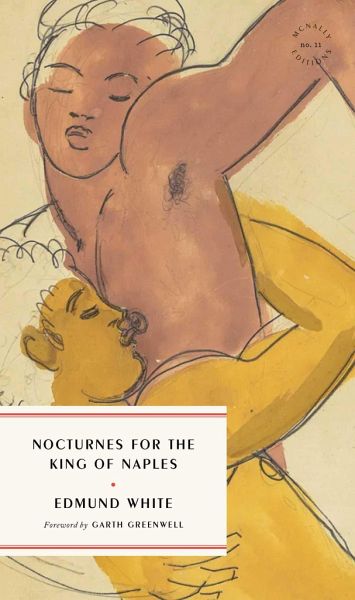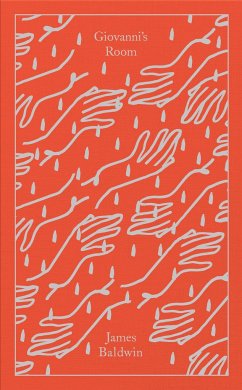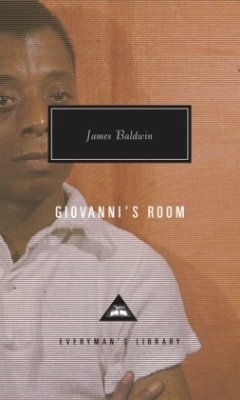
Nocturnes for the King of Naples
Versandkostenfrei!
Versandfertig in 2-4 Wochen
20,99 €
inkl. MwSt.

PAYBACK Punkte
10 °P sammeln!
The letters of a seducer to the great love of his life, a sensual tour-de-force by "the paterfamilias of queer literature" (New York Times)"Can't sleep tonight. Was lying in bed reading the biography of a great man whose genius deserted him . . . The genius who deserted me was you." In a series of late-night letters, gorgeous, funny, filled with memory, sensuality, and regret, a seducer calls across the years to the great love of his youth: an older, revered expatriate known, in his adoptive city, as the King of Naples. As the narrator evokes their affair, in scenes of beauty and remorse, his ...
The letters of a seducer to the great love of his life, a sensual tour-de-force by "the paterfamilias of queer literature" (New York Times)
"Can't sleep tonight. Was lying in bed reading the biography of a great man whose genius deserted him . . . The genius who deserted me was you." In a series of late-night letters, gorgeous, funny, filled with memory, sensuality, and regret, a seducer calls across the years to the great love of his youth: an older, revered expatriate known, in his adoptive city, as the King of Naples. As the narrator evokes their affair, in scenes of beauty and remorse, his memories range over the men who came after and before, especially the seductive father who still haunts his erotic imagination.
First published in 1978, before the trilogy of frankly autobiographical novels that made him famous, Nocturnes for the King of Naples reveals Edmund White at his most poetic, playful, and evocative, a magician on the level of James Salter, James Merrill, or Vladimir Nabokov.
"Can't sleep tonight. Was lying in bed reading the biography of a great man whose genius deserted him . . . The genius who deserted me was you." In a series of late-night letters, gorgeous, funny, filled with memory, sensuality, and regret, a seducer calls across the years to the great love of his youth: an older, revered expatriate known, in his adoptive city, as the King of Naples. As the narrator evokes their affair, in scenes of beauty and remorse, his memories range over the men who came after and before, especially the seductive father who still haunts his erotic imagination.
First published in 1978, before the trilogy of frankly autobiographical novels that made him famous, Nocturnes for the King of Naples reveals Edmund White at his most poetic, playful, and evocative, a magician on the level of James Salter, James Merrill, or Vladimir Nabokov.


















